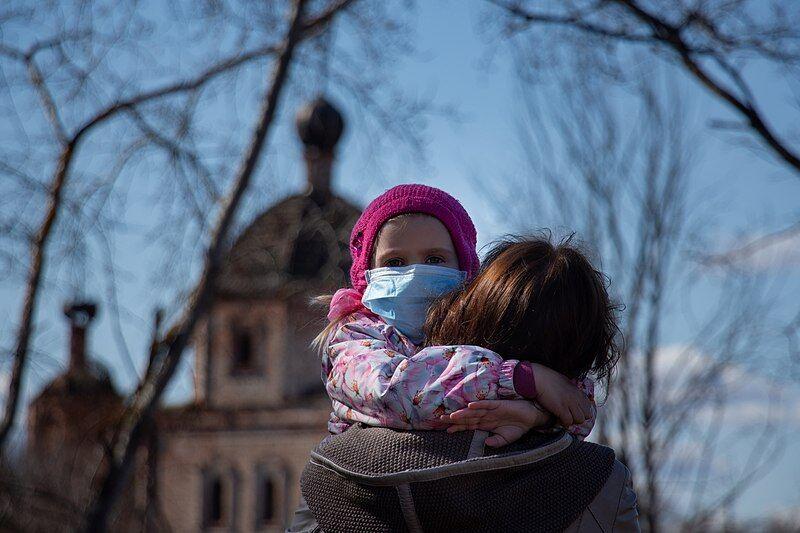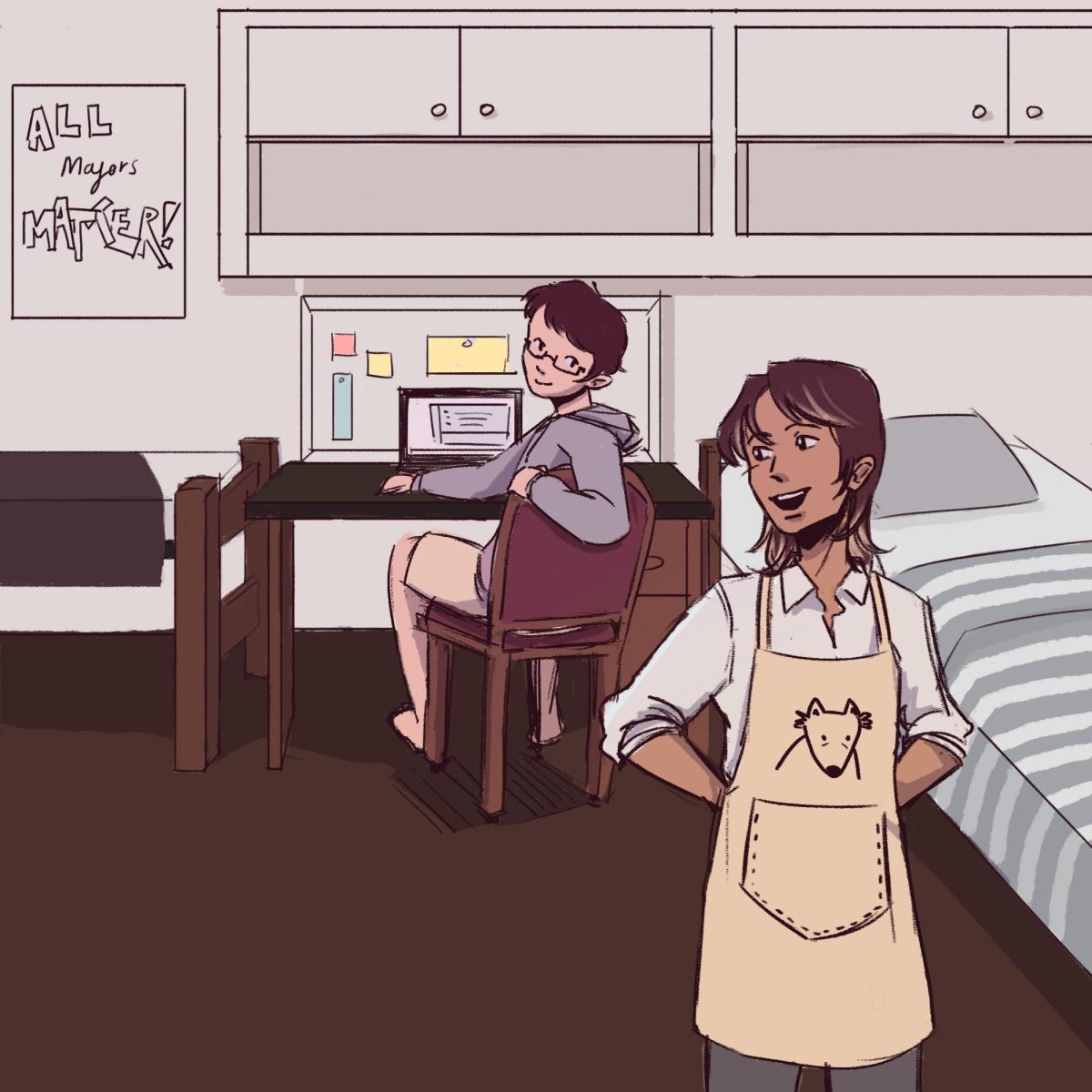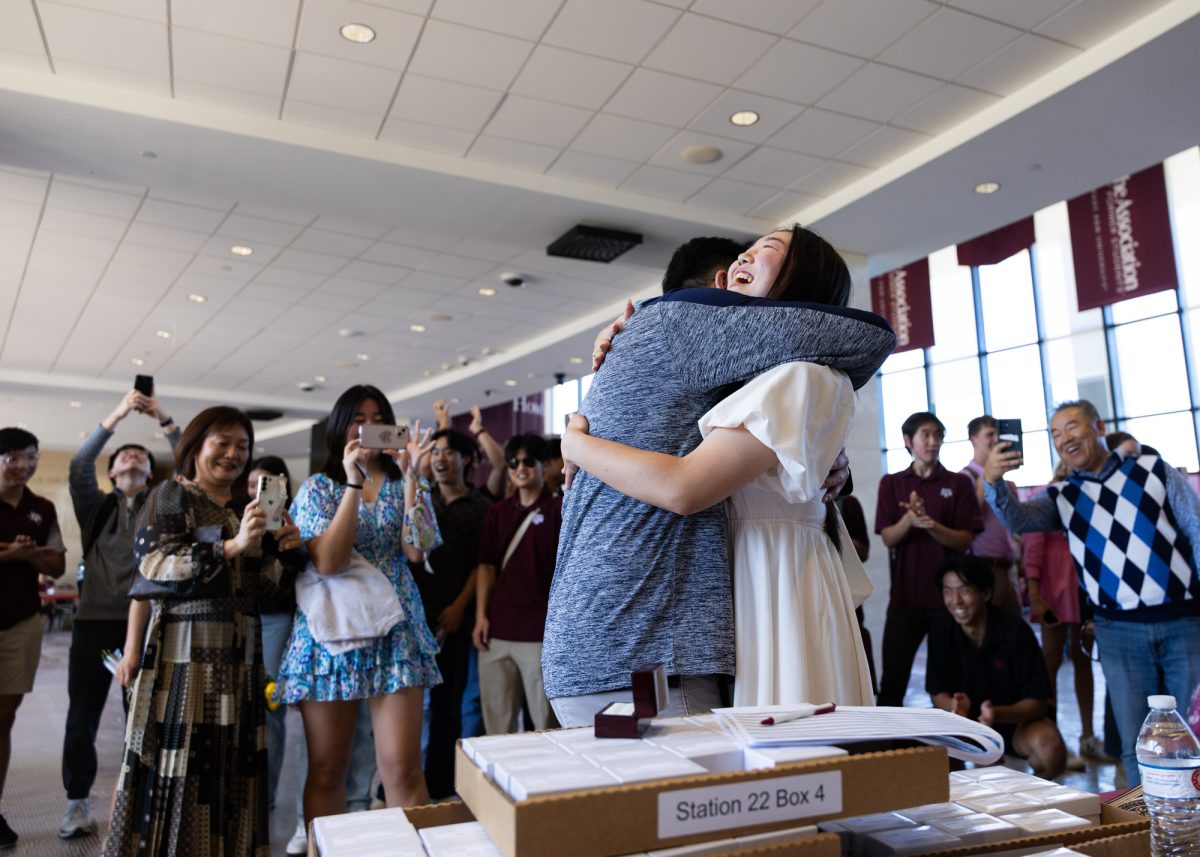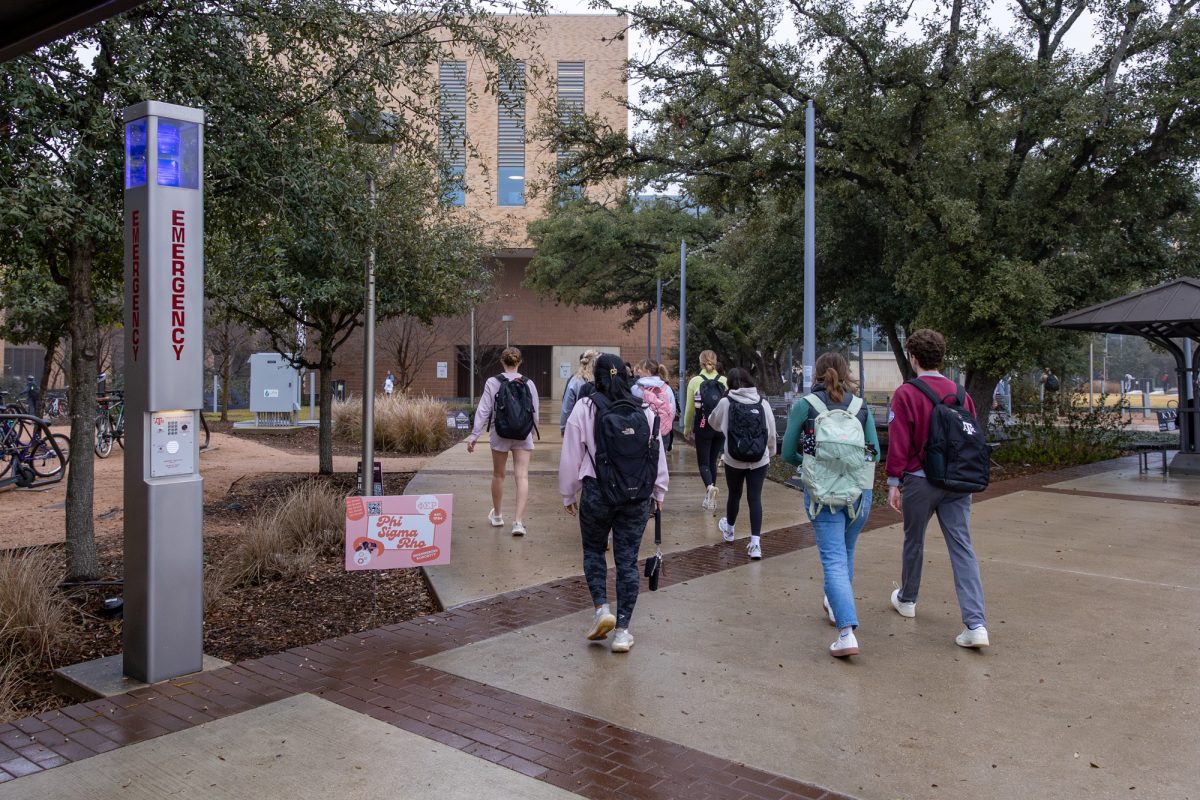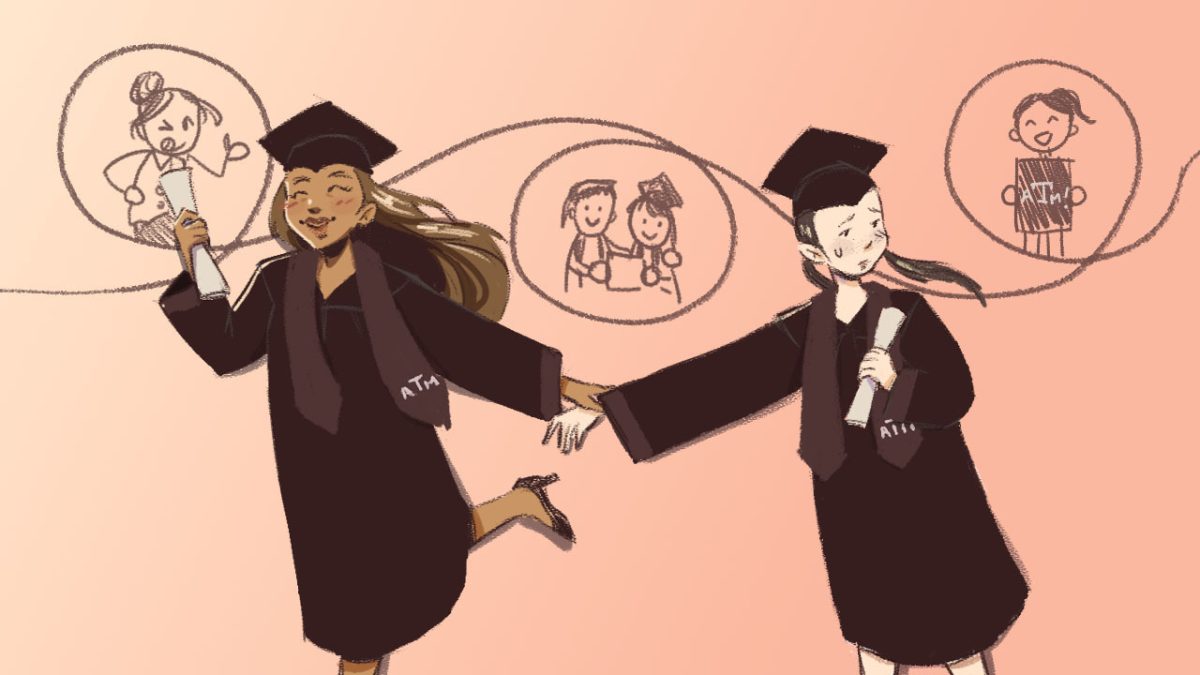Six months ago, universities were the first major institutions to take initiative concerning the COVID-19 outbreak. The personal and economic disruption has been immeasurable during the past six months. This led us into a transformative global phenomenon supported by technology and isolation amid the political, social and economic events shaping the new world. Solitude and the virus have made us question the normality of things and has forced us to shift to other alternatives in education, unemployment and communication.
Remote education was never favored, but it also wasn’t seen as unusual since online schooling has been around for years. We stood by the idea because it seemed temporary. Now, a couple of months into this plague we are questioning the efficiency and cost of education in America.
Schools are more segregated today than at any time in the last 50 years. Factors such as upward mobility, the opportunity gap and the generational wealth gap have always been an issue in America. Today, the racial and opportunity gap is much higher. Parents are forced to stay home and supervise their kids while they attend remote classes. One can argue that the government provides sufficient economic assistance to low-income families to relieve stress, but the problem is bigger than distributing vouchers and subsidies. Access to resources is a challenge, even more so during a financial crisis. Inequities have been exacerbated by the pandemic and are unfathomable.
What comes next for the working class is uncertain. At first, those unemployed were financially aided, but then the federal pandemic unemployment compensation ended July 25, 2020. This left workers even more uncertain and stuck. In light of the circumstances, companies and institutions have had to lay off thousands of workers. It presented a new way of conducting business, and consumer preference also shifted to e-commerce, leaving fewer long-term jobs for the working class. Recuperating will take a toll on the economy and advancement of social class. It makes me wonder, is the American Dream dead?
The standard of living and mobility are rapidly changing in America. The coronavirus presented new norms in hygiene, comfort and cost of living. The wealthy in New York City are fleeing to the suburbs. Some of the city’s neighborhoods lost as many as 40 percent of their residents between March and May because of the COVID-19 outbreak. This has created fiscal problems for the state and also changes the social aspect of what New York is to America, a dream land filled with endless opportunities in careers and advancement.
Amongst all the new changes, communication has been the center of it all. The pandemic has changed the norms of how we conduct, intake and communicate information. Under normal circumstances, we can schedule dates with friends and co-workers, but now we are only able to do this remotely. So how are we receiving proper human interaction that feeds our needs? This is creating a new dystopian way of staying connected. From children to adults, virtual communication is the future.
Isolation has also increased the awareness of mental health and work balance. The future is unclear, and psychologists are suggesting hope by not creating or encouraging unrealistic expectations to reconstruct the patient’s preferences and values as to respect their autonomy. Isolation and stress of the new world are a daily obstacle for all, but this is the reality of things. The reduced social interaction can damage our mental health almost as much as the coronavirus can damage our physical health. The political and social climate has also augmented the turmoil in Americans, questioning the faith of social justice and equity.
At the same time, the country is struggling through a pandemic of personal, economic and political uncertainty. We are adapting to the world we live in and what is yet to come. The solitude and the pandemic have changed social norms in the way we think and conduct business. While most are waiting for things to go back to normal, others are waiting for a new world to come.




